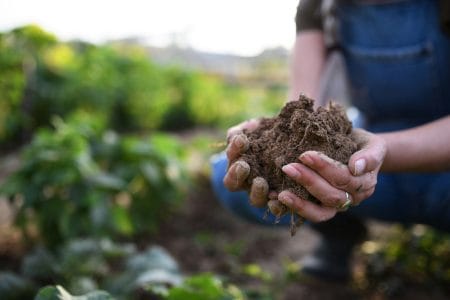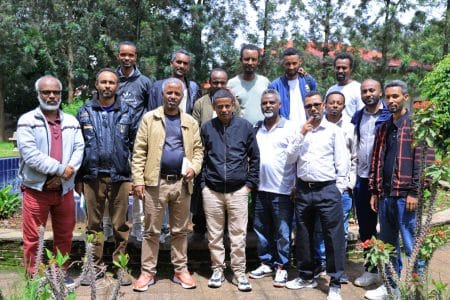Description: PlantVillage, initiated by Penn State University in 2018 with USAID funding, equips Kenyan smallholder farmers with Nuru, an AI-powered app for crop disease detection. Using computer vision models trained on 100,000+ plant images, Nuru identifies diseases like maize lethal necrosis and cassava brown streak with 98% accuracy, delivering advice in Swahili and English. The app, which operates offline, integrates NASA climate data to suggest drought-resistant practices. By 2024, it reached 50,000 farmers in Kenya’s Rift Valley and Eastern regions, supported by 200 extension workers from the Ministry of Agriculture. PlantVillage’s $5 million budget includes farmer training camps and a call center for real-time support. The project collaborates with CGIAR to update its pest database and plans to serve 200,000 farmers by 2027, expanding to Tanzania and Uganda. A solar-powered version for remote areas is in development.
Impact: Nuru has increased yields by 30%, adding $300 annually to farmers’ incomes. It supports Kenya’s food security, as agriculture employs 70% of the population. The app’s climate advice has reduced crop losses by 25% during droughts.
Challenges: Only 50% of rural Kenya has reliable internet, necessitating offline solutions. Updating models for new pests requires $1 million annually. Training illiterate farmers (20% of users) demands visual and audio guides.






